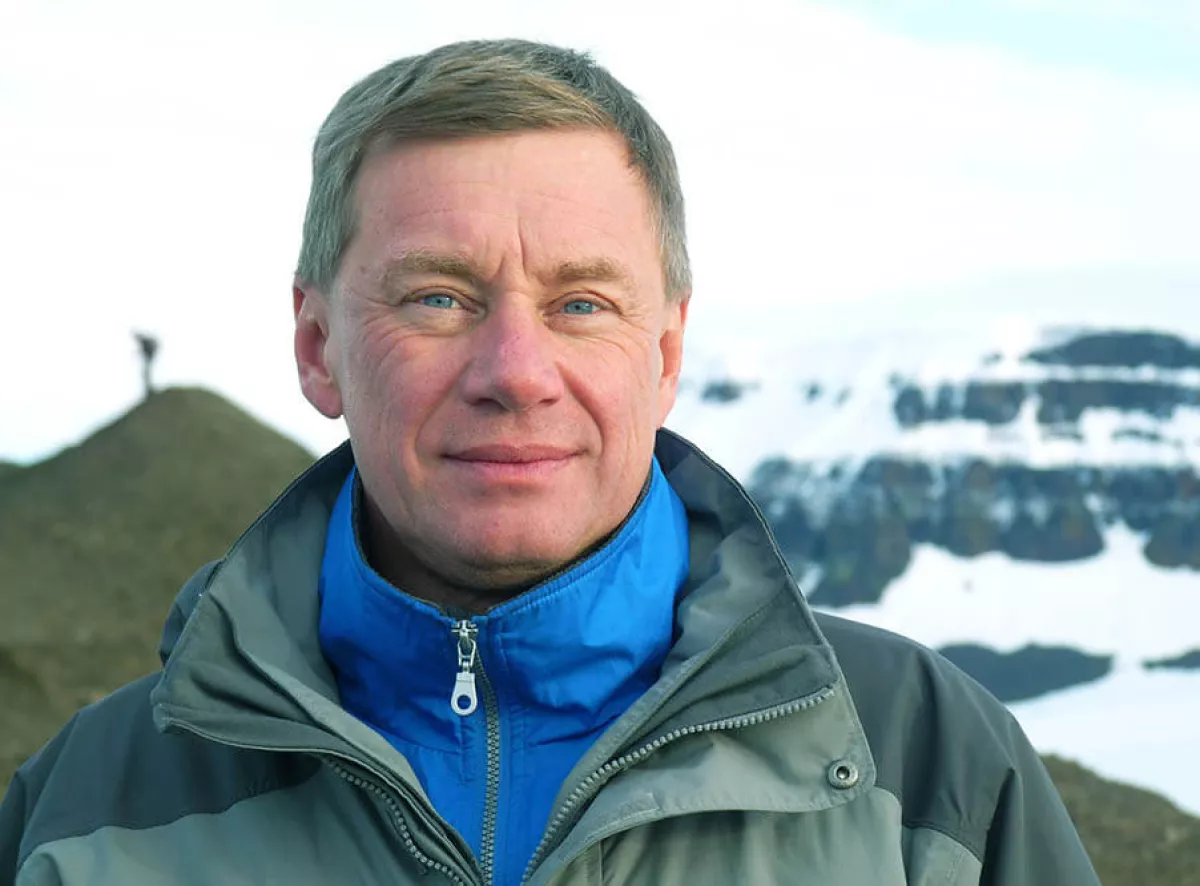COP29: A global platform for climate action, not politics Nobel Prize laureate on Caliber.Az
As COP29 draws to a close, the summit has proven to be a pivotal platform for addressing critical environmental issues and forging international partnerships. In an exclusive interview with Alexey Kokorin, Nobel Peace Prize laureate and Head of the Climate and Energy program at the World Wide Fund for Nature (WWF), Caliber.Az explores the summit's key achievements.

— As we know, certain forces tried to politicize COP29 – some heads of state did not come to Baku for various reasons, while some US congressmen visited Azerbaijan with the aim of provoking incidents. But COP29 has nothing to do with politics. What do you think?
— No COP summit is about politics; it's more about money. So, the politicization of the summit is unlikely to bring success to such initiators. All the recent COPs after the Paris Agreement have been more large-scale financial and organizational meetings with three levels. The first and most media-driven part is the statements and negotiations of world leaders, the discussion of UN resolutions; the second part is the speeches of ministers, the adoption of decisions expressed in concrete numbers; and the third part is the environmental festival, where there are many tourists, but still, most people and organizations come to search for partners, sign various memorandums and agreements in the field of ecology. Some critics often ask: why is COP even needed for this? But experience shows that it is indeed necessary — so that all environmentalists, activists, and politicians gather in one place and finally sign the agreements that have been discussed for a long time.
— COP29 is being called a unique summit, particularly in terms of funding. Could you explain these goals and how progress is being made on them?
— COP29 certainly has its own unique aspects, especially because it has the opportunity to address the financial component of the Paris Climate Agreement. This is a very challenging task for the host country, as it involves managing a massive flow of money that will be allocated to developing countries for climate projects. Developing countries, especially in Africa, are asking for no less than one trillion dollars.

At first glance, there seems to be a consensus—developed countries all recognize that the demand to increase funding to one trillion dollars is justified. In particular, major developing donor countries, which also fund poorer nations, such as China, India, Brazil, and South Africa, are united in supporting the strategy to increase funding. However, they have not provided specific figures or timelines. So, reaching an agreement is not easy, and the process has been prolonged. In my opinion, only the efforts of world leaders could influence the situation and push for the signing of at least some kind of document with concrete terms and commitments. One can only hope.
— You mentioned that COP29 is a unique meeting place. Could you elaborate on that?
— This is a very interesting topic, because there are many such examples at COP29. After all, it's probably only at COP summits that a regular environmentalist can approach a high-ranking official or minister from their own or another country, discuss a project, and reach an agreement on its implementation. And by the way, many people attend COP29 precisely because of these opportunities. There are more concrete examples: for instance, at COP29, an important agreement on environmental cooperation in the Caspian Sea basin was signed between Azerbaijan, Russia, Kazakhstan, and Turkmenistan. The agreement includes monitoring of the Caspian Sea and scientific-practical activities. Without COP29, this signing wouldn’t have happened—here, the interested parties gathered and quickly agreed on very important matters, finalized the text of the agreement, and dotted the i’s. Otherwise, this issue might have been pushed to the next COP or even further. Such things happen effortlessly at the summit.
An even more impressive precedent comes from Kazakhstan—thanks to COP29, the issue of saving Lake Balkhash was resolved positively. The situation had reached a point where the funds for the lake’s preservation efforts were supposed to be allocated by the Kazakh government to a major mining company. While the parties had tentatively agreed on everything, the final decision was delayed. Then came COP29, and the parties decided, "Let’s go to the summit in Baku and finalize everything there." And they did—right in the Kazakhstan pavilion. This is a vivid example of how the summit can address not only international environmental issues but also the specific problems of individual countries in preserving natural landmarks. Not to mention the opportunities it provides for establishing new contacts.
— What other important documents do you think might be signed on the final day of COP29?
— The ministers are already here and clearly preparing for the agreement processes. However, I wouldn't make any predictions, because COP29 is a constantly evolving event with ongoing discussions. Important agreements could be reached at the last minute. There’s very little time left to wait for the final results.








